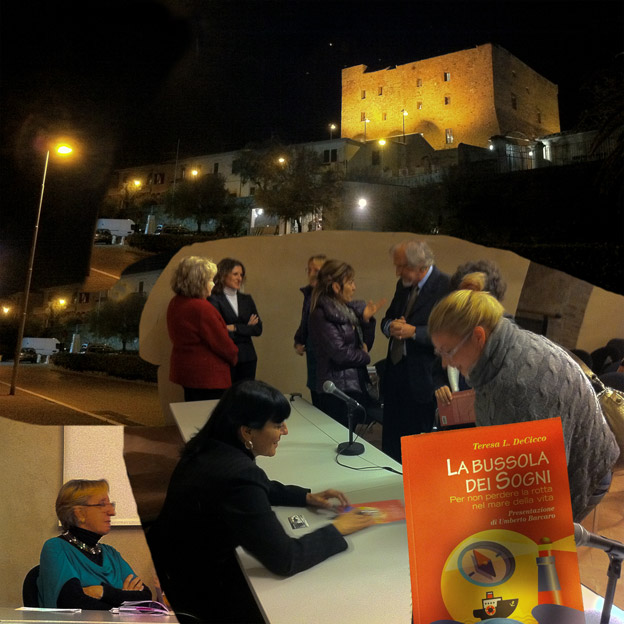I recently became aware of the fact that a book series based on vampires (e.g. Twilight) has become a world-popular phenomenon. The books have caputured the minds and imaginations of millions and have been made into even more popular movies. What captured me was the fact that the books were inspired by a vivid dream. The author of the books found herself dreaming of a vivid story that involved a young girl and a vampire. She awoke and began writing what would become the great stories that would captivate millions.
This is yet another wonderful example of how dreams can fuel creativity. Just as many writers, painters and song writers have discovered for themselves, dreams can carry the energy of creativity. When this occurs, it is up to the dreamer to recognize the inspiration and then act on it in waking day. Just as the author of the Twilight series did the work of writing her books, all dream-inspired work must be carried through in waking day. The painter must show up at the canvas. The writer must show up at the keyboard. The song writer must show up at the instrument. The best part of this entire creative process is that the ideas and the energy to fuel them will show up in dream time.
Friday, November 13, 2009
Monday, November 9, 2009
Long dreams, short dreams....does it really matter?
In a recent conversation with an esteemed colleague she posed the following question to me: "How can you really use dreams as data if people only remember a samll portion of their dream?" What she was really asking me was, can we measure and examine dreams if we do not have the whole dream? I found this interesting and perplexing because this colleague is a very rigorous researcher and yet could not understand how basic research design could be applied to dreams.
Upon pondering this query I began trying to imagine scenarios that could answer her question. For example, how can we know someone's blood sugar level by taking only a small drop of blood? Do we not need to test the complete volume of their blood to have an accurate reading? How do we know someone's IQ if we do not test every single measure of IQ on them? Is one measure really valuable at all?
Given this line of thinking, we can say that dreams are a sample of consciousness that represent the whole of consciousness for a dreamer. One dream scene will provide valuable information about a dreamer but not the whole story of the dreamer's life. Many dreams will provide even more information. A dream about anger will reveal a small window into the consciousness of the individual. We do not need every single detail from the dream to know that anger is an element of that dreamer's psyche. Every image carries important information and therefore, it is always releveant. We do not need to have ALL the dreamer's images from one night to have relevant imagery. It is all relevant, no matter how long or how short the dream is.
Also, if we are interested in the dreams of a specific group, for example migraine sufferers, then we need to collect a large number of dreams in order to get a representative sample. We do not need the dreams of every single migraine sufferer, nor do we need every single dream from a single sufferer. Many, many dreams will reveal the imagery that is specific to this group.
I am amazed that researchers who are well versed in their own field cannot at times imagine how their very own methodology can be applied to dream imagery.
Upon pondering this query I began trying to imagine scenarios that could answer her question. For example, how can we know someone's blood sugar level by taking only a small drop of blood? Do we not need to test the complete volume of their blood to have an accurate reading? How do we know someone's IQ if we do not test every single measure of IQ on them? Is one measure really valuable at all?
Given this line of thinking, we can say that dreams are a sample of consciousness that represent the whole of consciousness for a dreamer. One dream scene will provide valuable information about a dreamer but not the whole story of the dreamer's life. Many dreams will provide even more information. A dream about anger will reveal a small window into the consciousness of the individual. We do not need every single detail from the dream to know that anger is an element of that dreamer's psyche. Every image carries important information and therefore, it is always releveant. We do not need to have ALL the dreamer's images from one night to have relevant imagery. It is all relevant, no matter how long or how short the dream is.
Also, if we are interested in the dreams of a specific group, for example migraine sufferers, then we need to collect a large number of dreams in order to get a representative sample. We do not need the dreams of every single migraine sufferer, nor do we need every single dream from a single sufferer. Many, many dreams will reveal the imagery that is specific to this group.
I am amazed that researchers who are well versed in their own field cannot at times imagine how their very own methodology can be applied to dream imagery.
Subscribe to:
Posts (Atom)



